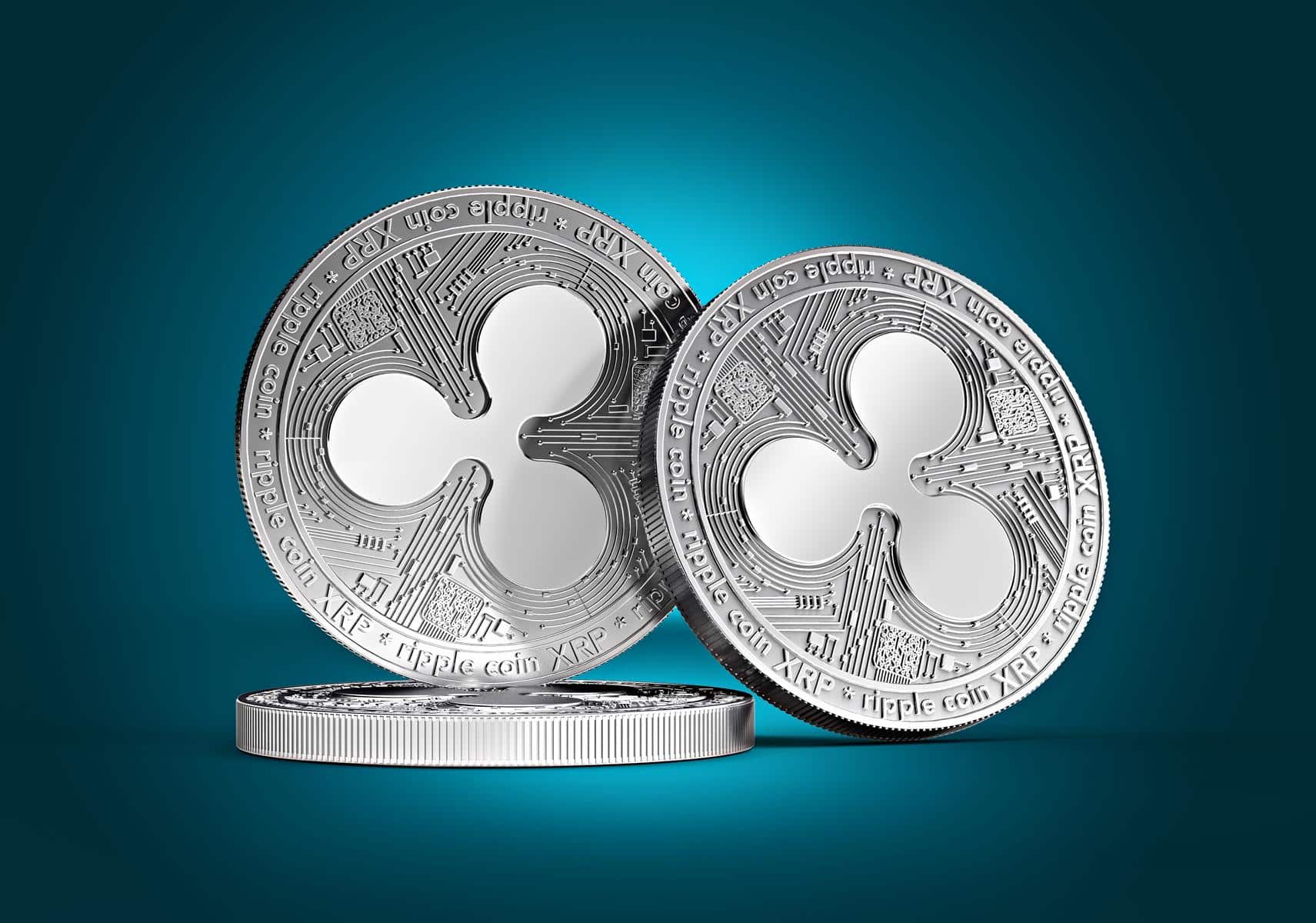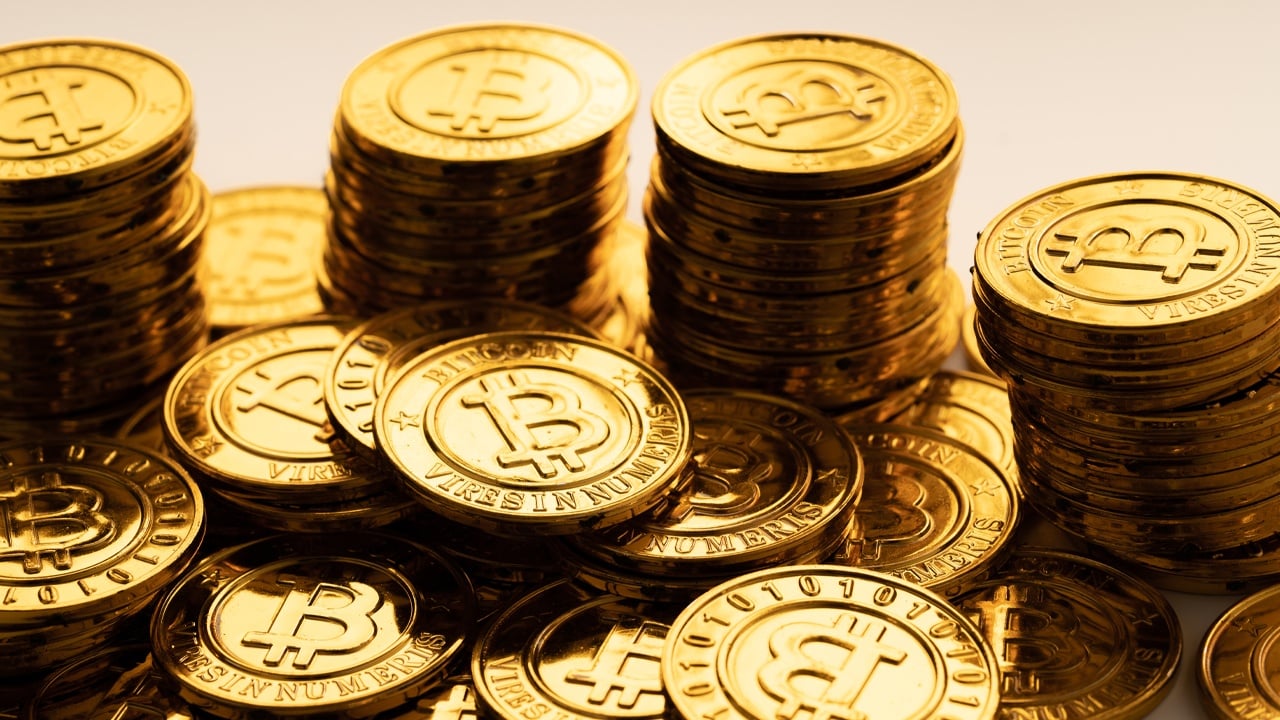Magistrate Judge Sarah Netburn has established a timeline for the ongoing lawsuit between Ripple Labs and the SEC.
Ripple has challenged the SEC’s request for substantial civil penalties, arguing that the SEC’s allegations lack adequate evidence.
The legal battle between Ripple Labs and the United States Securities and Exchange Commission (SEC) has recently progressed to trial, attracting attention from the cryptocurrency community.
Magistrate Judge Sarah Netburn has established a timeline for the ongoing lawsuit between Ripple Labs and the SEC in recapitulating Crypto News Flash’s earlier news. This schedule is crucial regarding Ripple’s attempt to dismiss the SEC’s latest expert evidence. Judge Netburn has granted the SEC an extension until April 29, 2024, to file their counterarguments to Ripple’s motion. Ripple will then have three business days to reply.
Despite her recent appointment as District Judge in the Southern District of New York, Judge Netburn remains the presiding judge in the Ripple vs. SEC case. Judge Netburn is known for her impartial decisions. The crypto community has generally viewed her approach positively. In 2021, she stated,
“My understanding about XRP is that not only does it have a currency value, but it has a utility, and that utility distinguishes it from bitcoin and ether.”
Ripple Challenges SEC’s Penalties
Ripple has challenged the SEC’s request for substantial civil penalties, arguing that the SEC’s allegations lack adequate evidence. The blockchain payments company has proposed a maximum penalty of $10 million, countering the SEC’s demand for a hefty fine. Ripple contends that its On-Demand Liquidity (ODL) transactions, which enable cross-border payments, are distinct from traditional investments and should not be subject to the same regulatory scrutiny.
Ripple also addresses the absence of evidence supporting future violations or reckless behavior in its institutional XRP sales, further strengthening its defense. Bill Morgan, Ripple’s representative, has argued that ODL sales do not constitute investment contracts and should not be treated as such by the SEC. He emphasizes that customers use XRP for its utility in facilitating rapid cross-border transactions rather than for investment purposes. Despite the challenges, there remains optimism among XRP supporters for a settlement, anticipating a potential surge in the cryptocurrency’s price post-settlement.
Additionally, Morgan echoed this sentiment, predicting a rise to $1 from the current $0.50 level. However, settling hinges on overcoming the regulatory hurdles set forth by the SEC, which continue to complicate negotiations.
Legal expert Jeremy Hogan predicts the lawsuit could conclude by this summer, speculating a potential settlement of $100 million. Hogan suggests that ‘I believe the Judge will order no disgorgement but will throw the SEC a bone by imposing a $100 million penalty on Ripple.”
Earlier Demands and Upcoming Filings
Previously, the SEC had demanded a $2 billion fine from Ripple, citing violations in certain XRP sales. However, Ripple maintains that XRP should not be classified as a security and falls outside the SEC’s regulatory scope. Stuart Alderoty, Ripple’s chief legal officer, has presented several key reasons why the penalty should not exceed $10 million, highlighting the lack of evidence of financial harm.
The SEC’s reply brief, due by May 6, is poised to further shape market expectations. A compelling response from the SEC could heighten anticipation of punitive measures against Ripple, potentially impacting XRP’s value. As of the time of writing, XRP is currently trading at $0.503 with a 24-hour decline of 3%.





